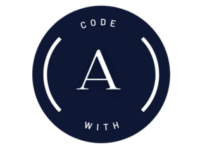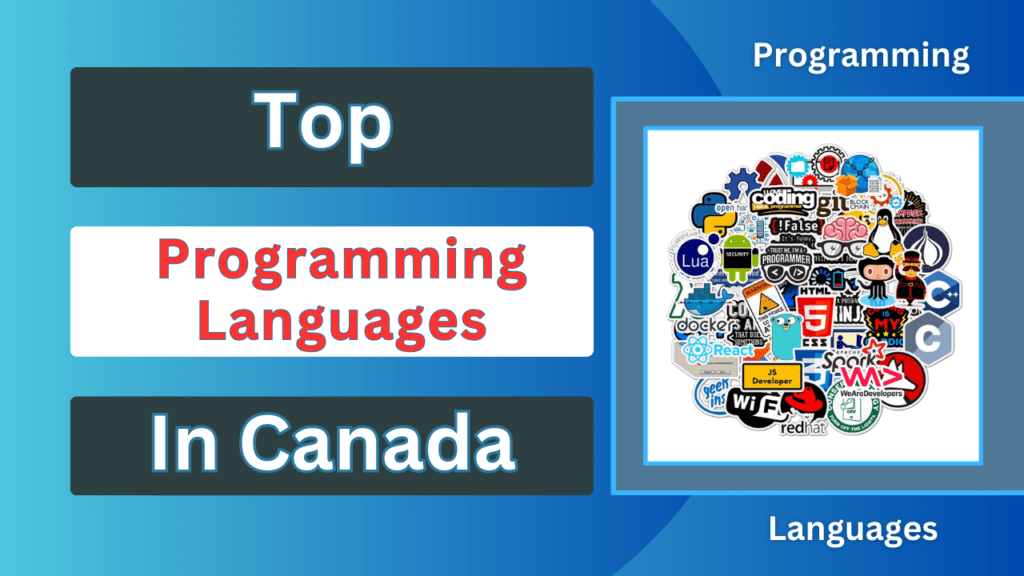Learning programming is not an easy journey. At various points along the way, everyone feels lost or considers changing their path or the technologies they are using. I have experienced those phases myself. There are some things I wish I had known before starting my journey.
1. Master One Language Before Moving On
When you are learning some programming languages, it is common to feel overwhelmed. To tackle this, you should focus on one programming language at a time. Once you start that programming language try to master that and build at least one project with that. Once you feel comfortable and confident with that you can explore other additional tools like it’s frameworks and so on.
2. Programming is more about your mindset than the syntax
Programming is fundamentally about your mindset rather than just knowing the syntax of a language. Concentrate on grasping core concepts such as algorithms, data structures, and design patterns, as well as honing your problem-solving skills. These principles form the backbone of effective programming and are applicable regardless of the language you use. By focusing on these elements, you develop a strong, adaptable foundation that allows you to learn and switch between different languages with ease. Emphasizing concepts and problem-solving over syntax ensures you become a more competent and versatile programmer, capable of tackling a wide range of challenges.
3. Stay Motivated and Focused
It’s common to lose motivation and get distracted by new projects when you’re halfway through your current one. To stay motivated and focused, set clear goals, break your work into manageable tasks, and remind yourself why you started. Limit distractions by noting new ideas for later, and commit to finishing what you’ve started. This discipline improves productivity and helps you develop a habit of completing projects.
4. Assume Failure, Prove Success
This approach to coding emphasizes assuming that your code will fail initially and then systematically proving its functionality by testing it against various scenarios. By adopting a mindset of skepticism towards your own code, you become more thorough in identifying potential issues and ensuring its robustness. Writing unit tests, which are small, targeted tests designed to validate specific components of your code, is crucial in this process. Unit tests help verify that individual parts of your code perform as expected, contributing to overall code reliability and ease of maintenance. By incorporating this practice into your coding workflow, you not only enhance the quality of your code but also develop a proactive approach to addressing potential problems before they arise.
5. Resist the Debate: Focus on Your Craft
This point highlights the diversity of opinions within the programming community and advises against getting drawn into debates about preferences such as IDEs (Integrated Development Environments) versus text editors like Vim or Emacs, operating systems like Linux versus Windows, or coding style choices like spaces versus tabs. Instead, the emphasis is on focusing on your own development as a programmer rather than being swayed by others’ opinions or engaging in fruitless arguments. Ultimately, what matters most is your ability to effectively write code and solve problems, regardless of the tools or methods you choose.

